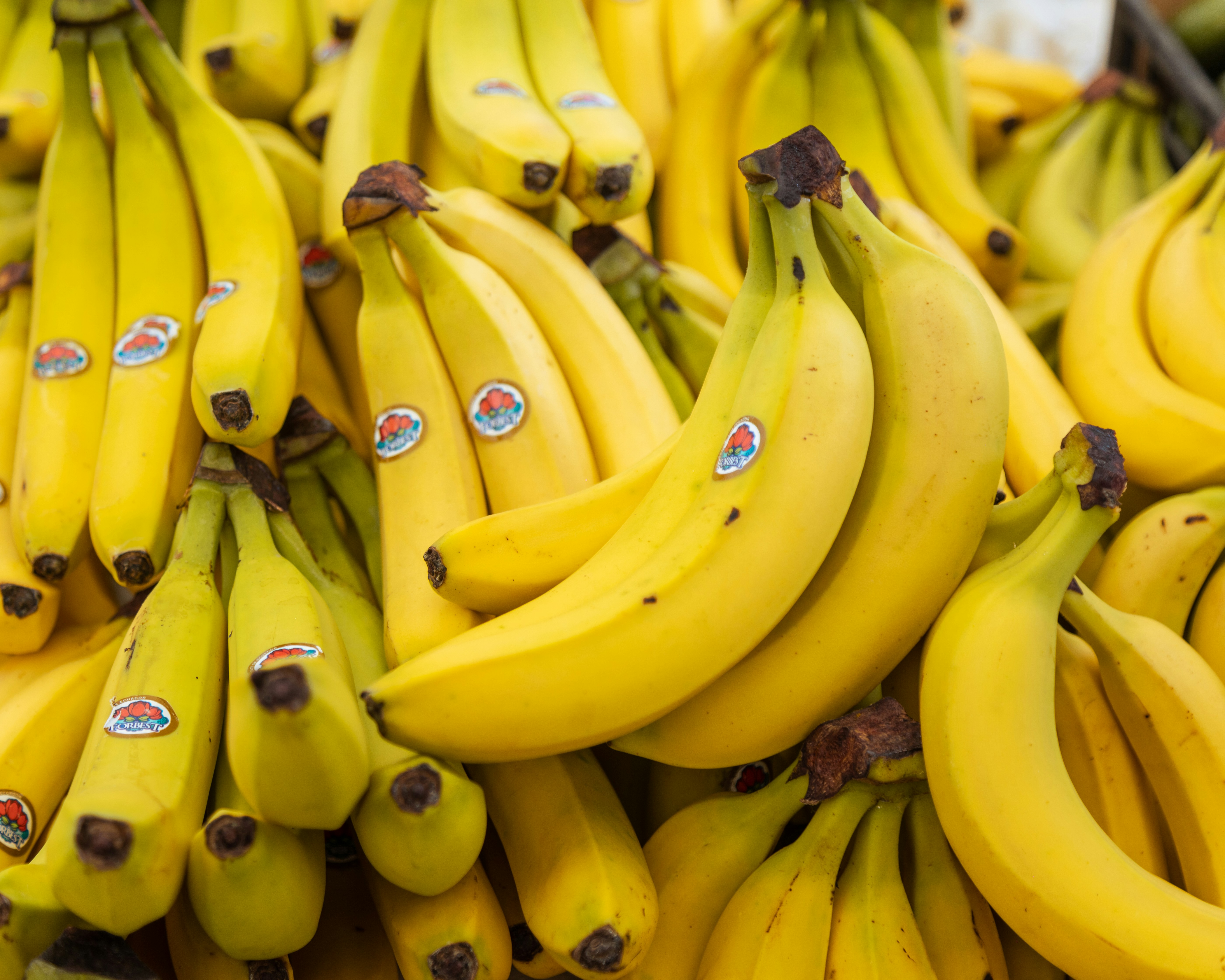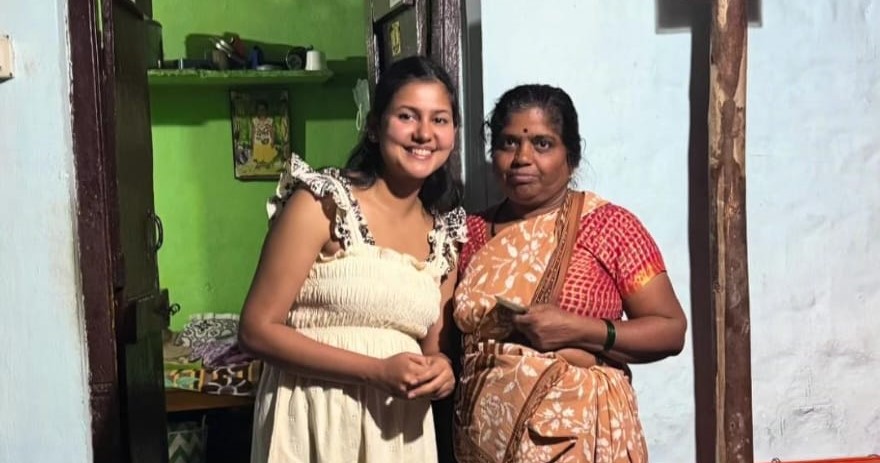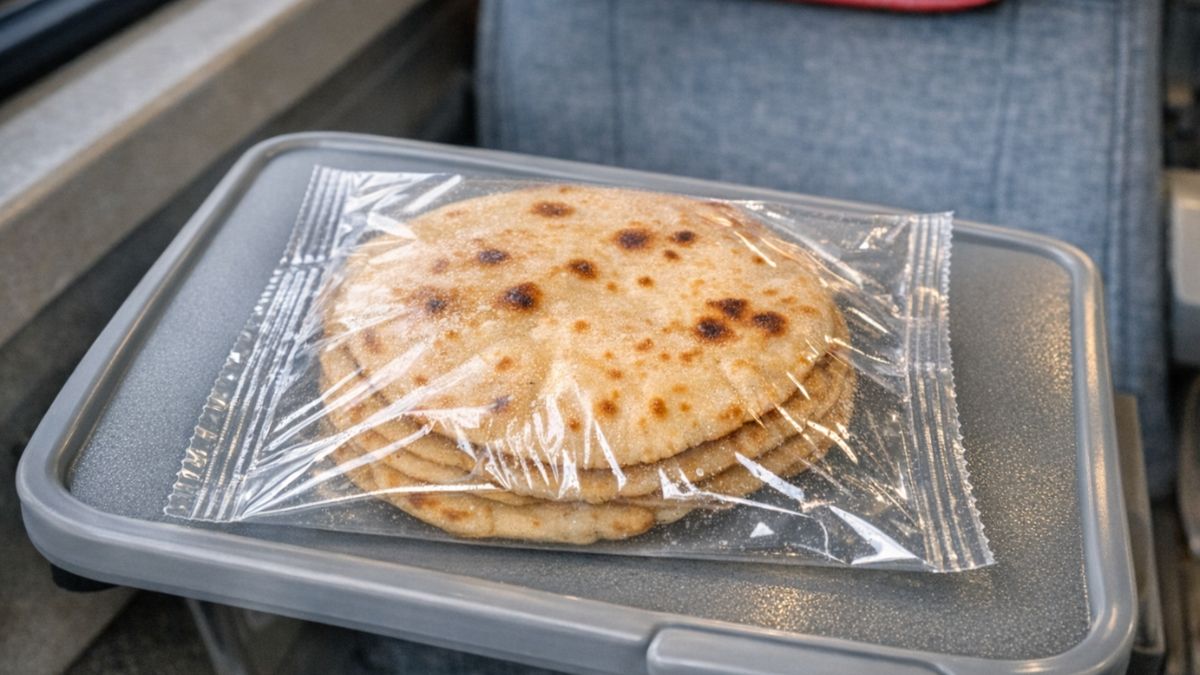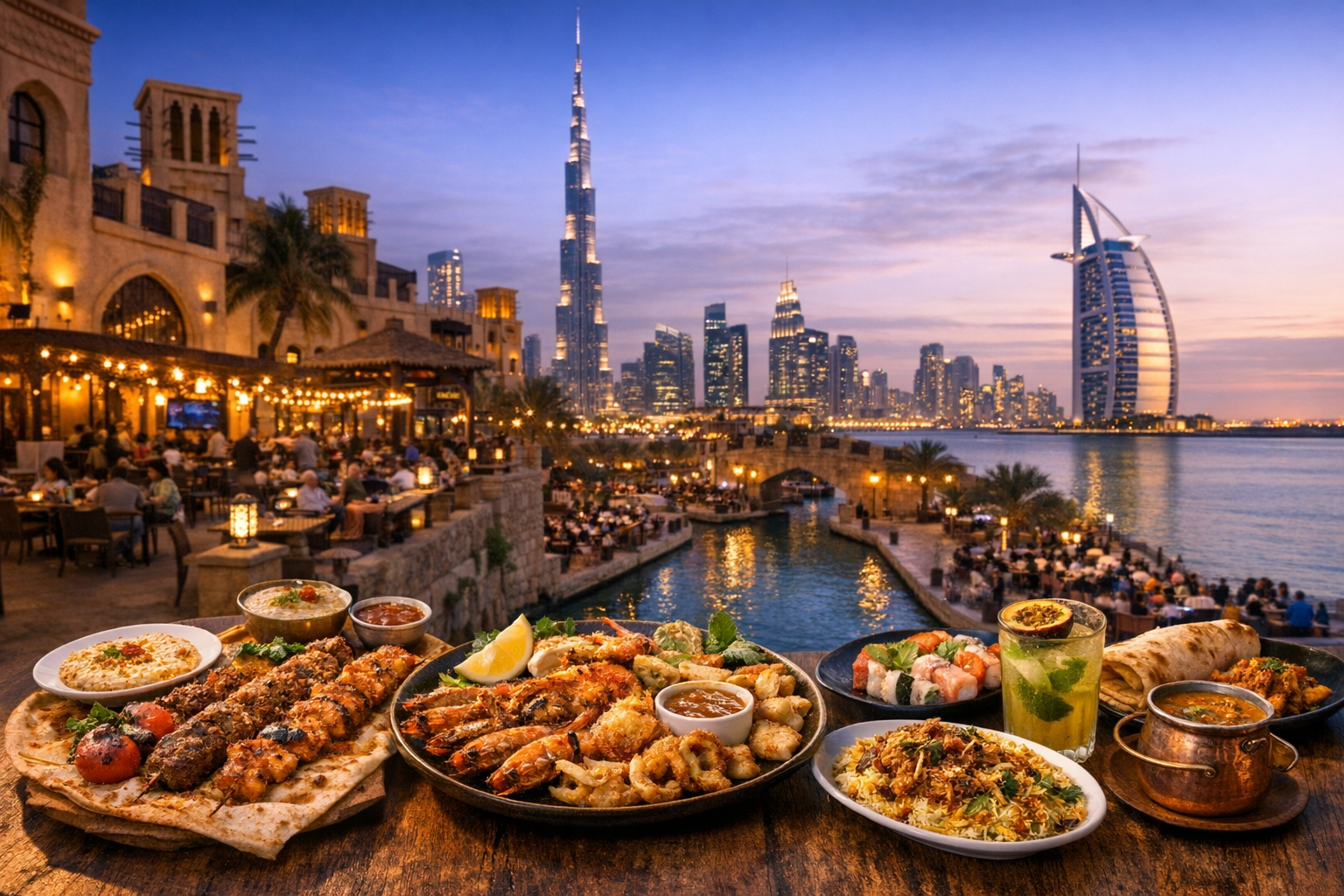With the monsoon finally around, the country has also found many reasons to celebrate and the mood is just getting festive by the day. In India, there's an array of festivals that are celebrated with much fervour across the country. One such monsoon festival is Sawan Shivratri. Sawan Shivratri is different from Mahashivratri that is celebrated in the Hindu month of Phalguna (February-March). Sawan Shivratri falls in the month of Sawan or Shravan, typically around August or September each year. This year it would be celebrated on 30th July 2019.
(Also Read: Teej 2019: Date, Significance Of Hariyali Teej Fast And Foods To Celebrate)
2019 Sawan Shivratri Puja Timings
This year, the auspicious festival would be celebrated on 30th July 2019.
Nishita Kaal Puja Time - 12:06 AM to 12:49 AM, 31 July
On 31st July, Shivaratri Parana Time - 05:46 AM to 11:57 AM
Ratri First Prahar Puja Time - 07:10 PM to 09:49 PM
Ratri Second Prahar Puja Time - 09:49 PM to 12:28 AM, 31 July
Ratri Third Prahar Puja Time - 12:28 AM to 03:07 AM, 31 July
Ratri Fourth Prahar Puja Time - 03:07 AM to 05:46 AM, 31 July
Chaturdashi Tithi Begins - 02:49 PM on 30 July, 2019
Chaturdashi Tithi Ends - 11:57 AM on 31 July, 2019 (Source: Drikpanchang.com)
Significance of fasting in Sawan Shivratri 2019
Sawan Shivratri is an occasion of immense significance among Shiva devotees. There are number of legends associated with the festival - some say that Lord Shiva got married to Goddess Parvati on this day. While some say that in the pious month of 'Sawan' or 'Shravana', Lord Shiva along with Goddess Parvati, Lord Kartikeya, and Lord Ganesha descend upon earth to be amid their devotees. Scores of devotees wake up early, go to temples and make their offerings to Lord Shiva. People perform the 'Mahabhishekam', where they pour a holy mix of Ganga jal, milk and ghee on top of Shiva Linga. Some of these devotees even fast for the whole day. Most of them consume only fruits and milk, while some try to eat only satvik food through the day. Some devotees fast without drinking a drop of water. This type of fasting is called 'nirjala upvas'- it is not recommended for old people, pregnant women, children or those who are sick. In ancient Shiva temples like Kashi Vishwanath or Badrinath, devotees also conduct overnight vigils and pray until the wee hours of morning. They consume their meals a day before, and fast on the day of Shivratri. They break their fast with light vegetarian meal or fruits. It is believed that Lord Shiva blesses his true devotees on this pious day, which is why his devotees leave no stone unturned to please the deity.
(Also Read: Why Milk Plays a Significant Role in Shivratri)













